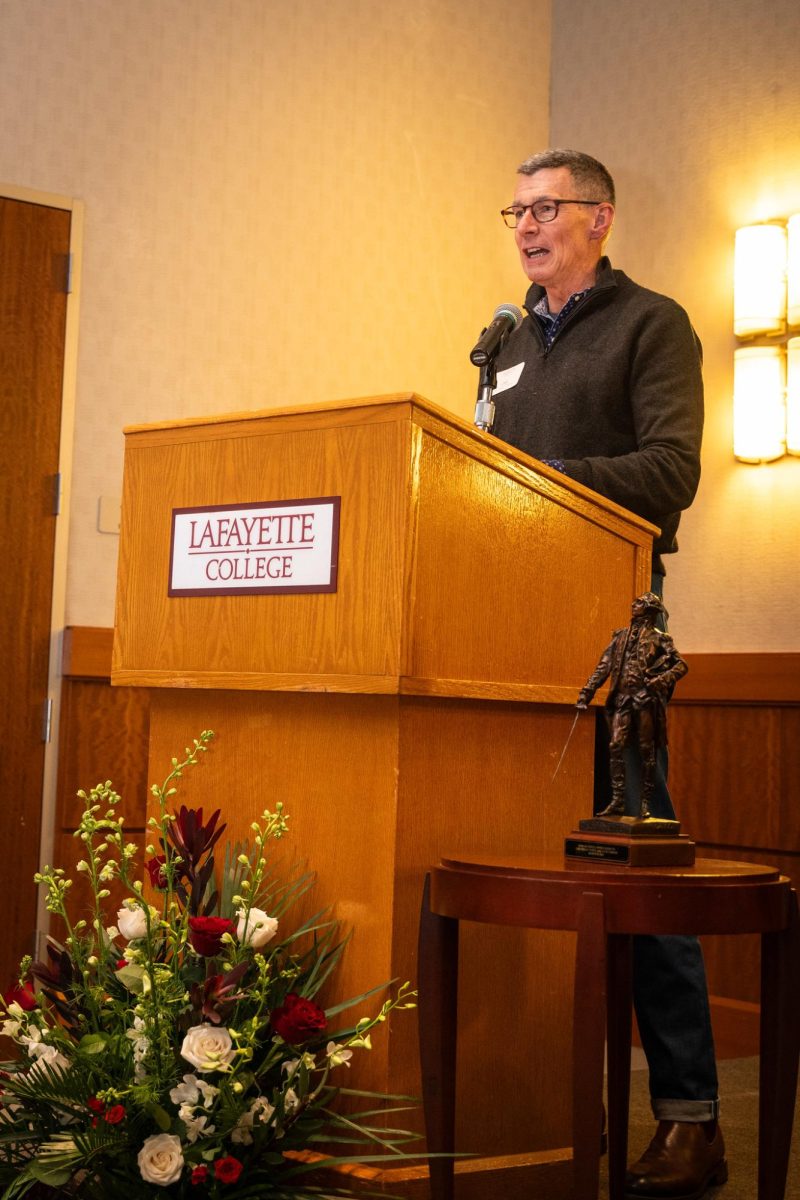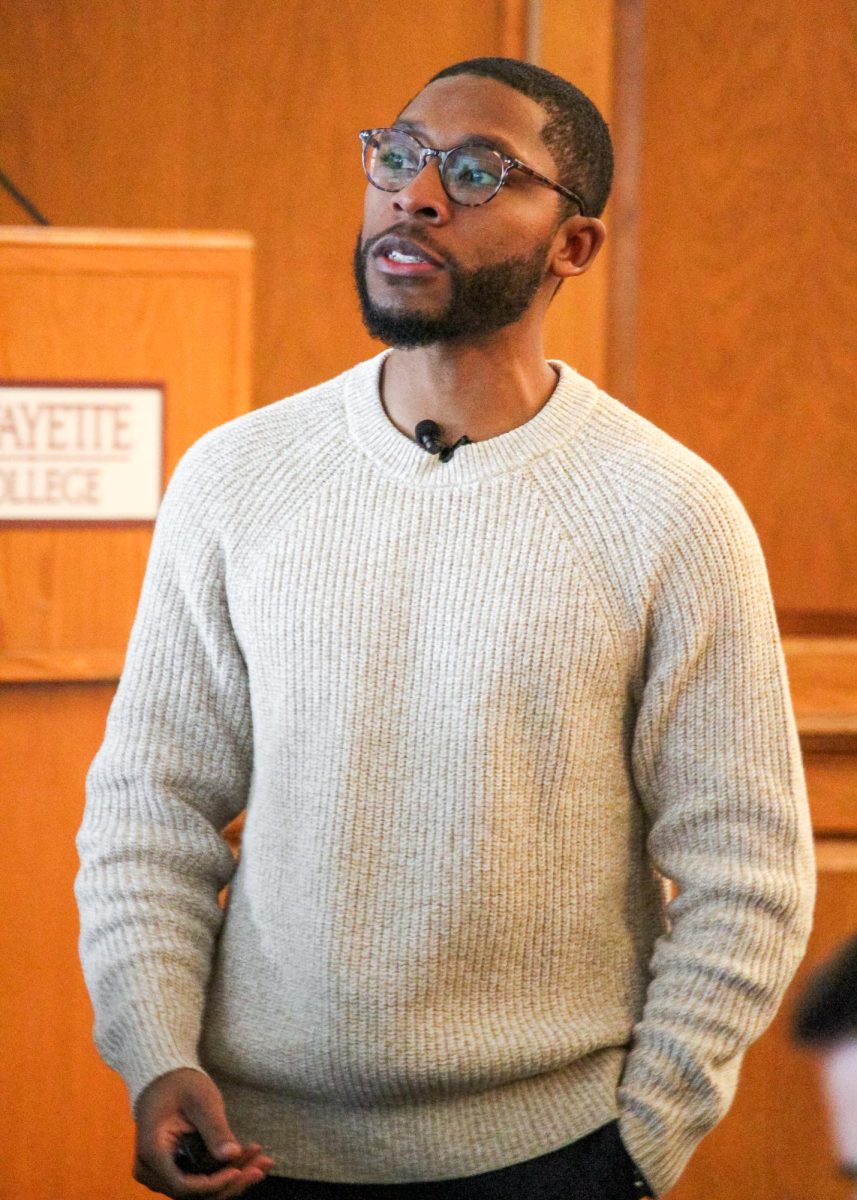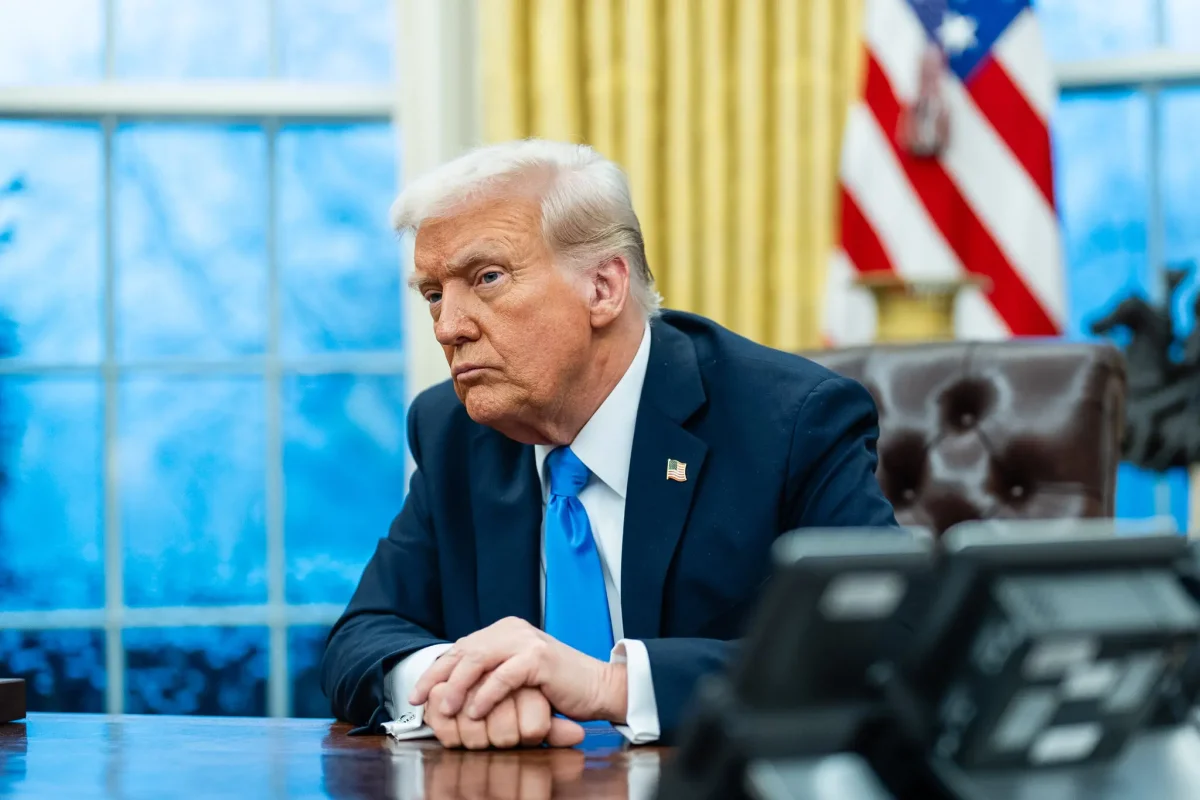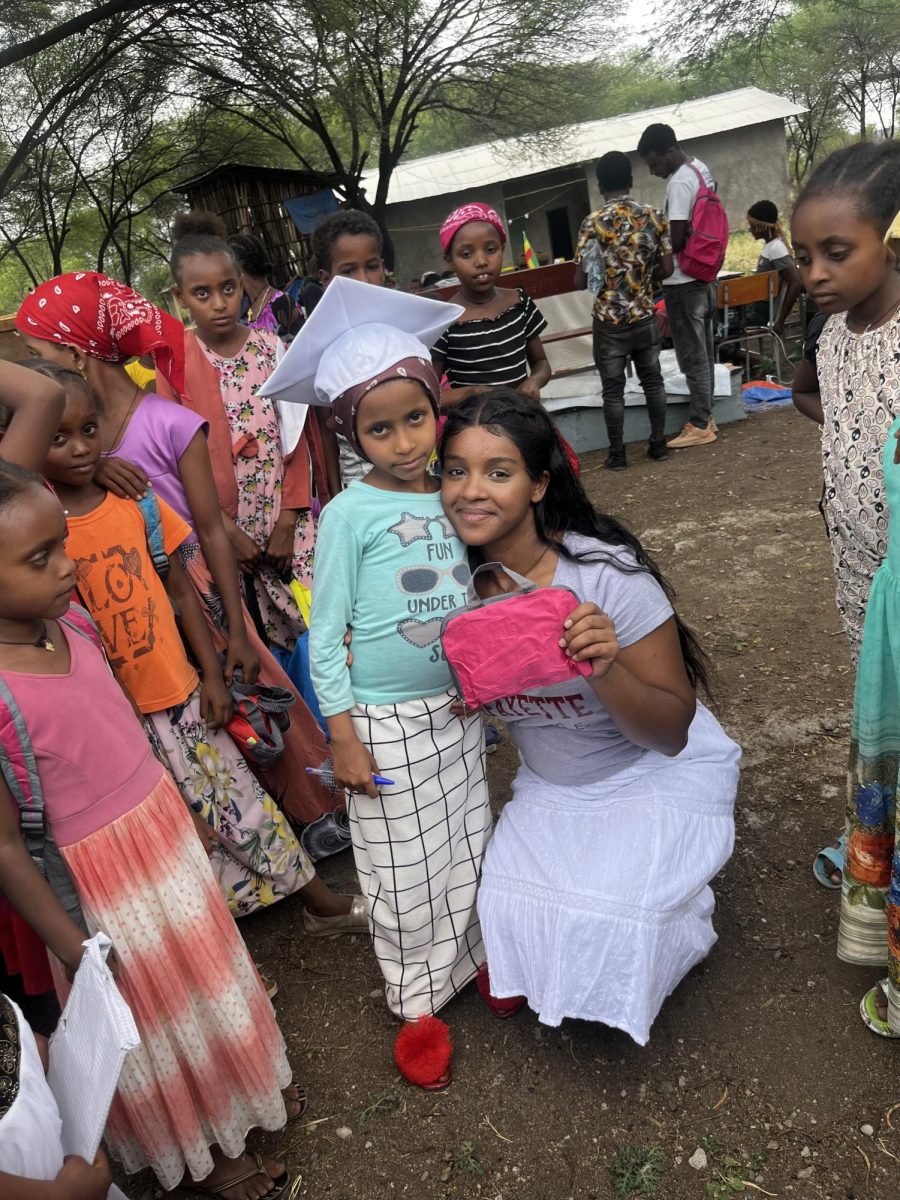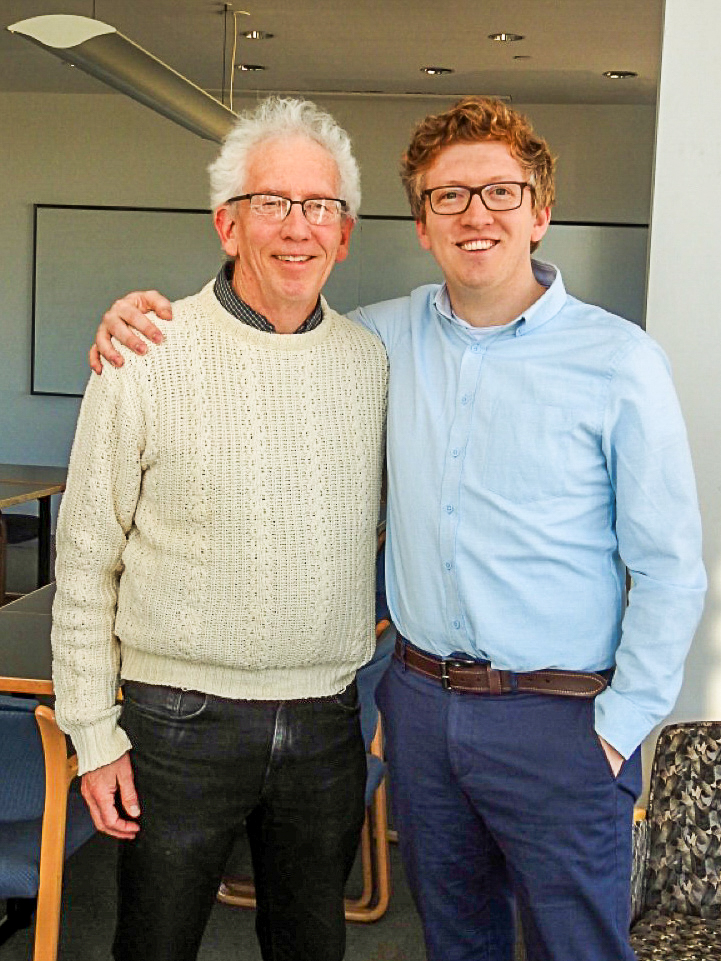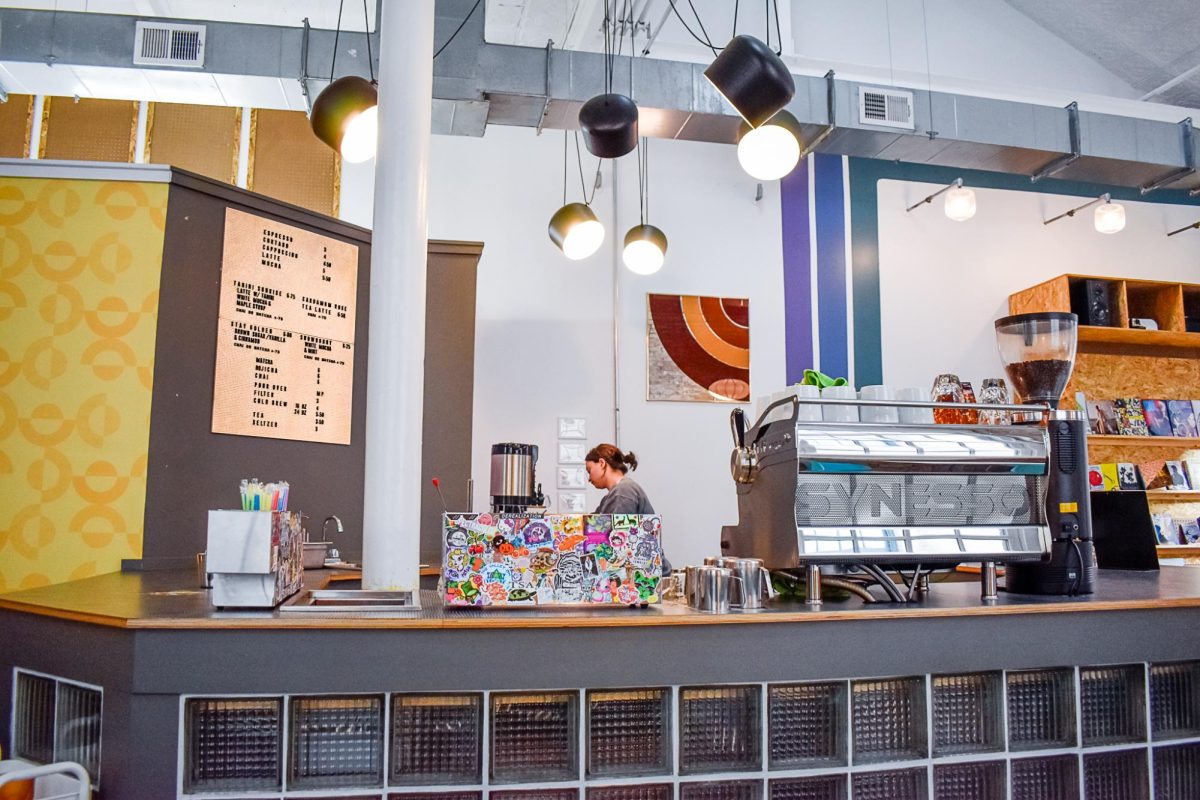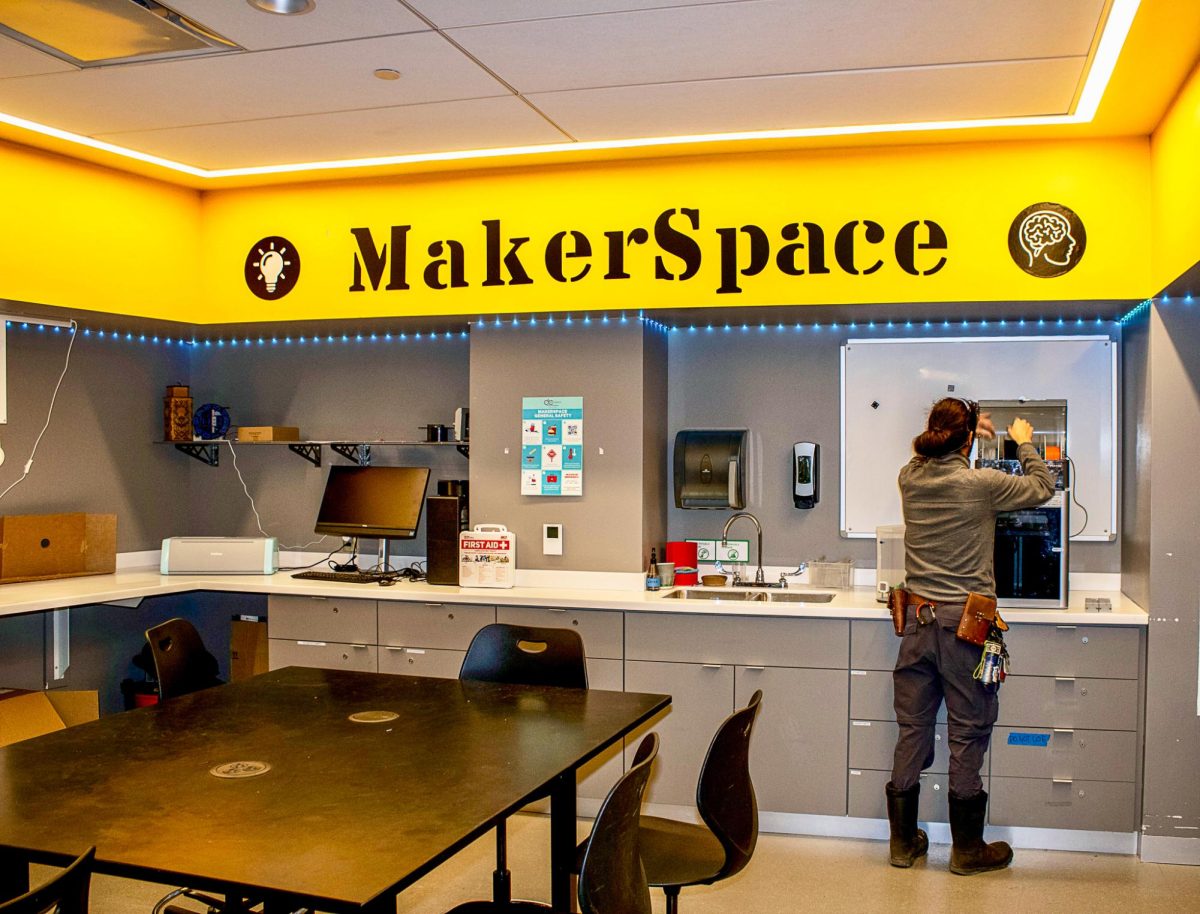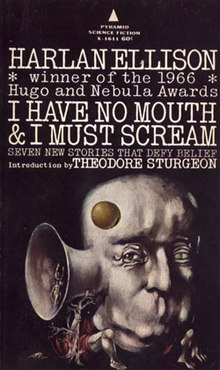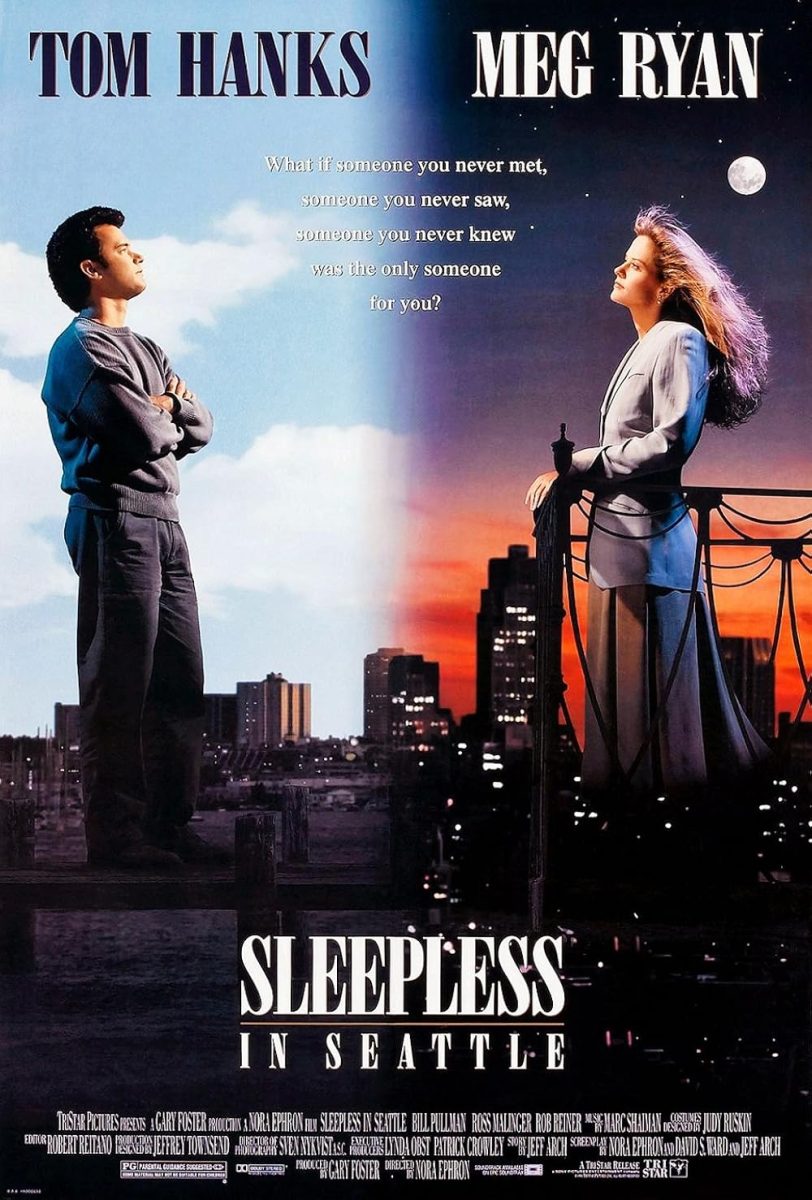When the gender binary doesn’t fit
Sam Nichols ‘16 spoke on Tuesday about non-binary genders and what she believes can be done to increase awareness and representation of non-binary persons. Nichols identifies as being outside of the binary male-female gender spectrum.
Nichols began her presentation by refuting the definitions that four popular dictionaries—Merriam Webster, Dictionary.com, Oxford and Cambridge—give for gender, all based on only male and female.
“What gender actually is, is a spectrum,” she said. “Since gender is socially constructed, it isn’t limited at all by any kind of biology. So, it’s not really jumping from male and female, but a bit more of a larger abstract.”
Nichols then explained what non-binary gender is.
“In the simplest of terms, it’s neither male nor female,” Nichols said.“It’s an umbrella term to separate yourself from the male and female gender.”
She then brought up the problem of addressing those who identify as non-binary.
“There are quite a few pronouns which non-binary pronoun people use,” Nichols said. “They are, but not limited to, ‘they,’‘them,’‘xe,’‘xer,’‘ze’ and ‘zer.’ However, those who identify as non-binary can still use the traditional binary pronouns,” she said, using herself as an example. “Sometimes it’s a matter of not wanting to change what they’ve heard their entire lives. It’s not like hearing myself labeled as ‘she’makes me think I’m a woman. Some people use it because it’s easier, but just because someone uses binary pronouns, does not make them gender binary.”
“Just ask what they prefer,”she said.
Nichols talked about how few non-binary representations there are in society. She said in the video game “Undertale,” the non-binary characters do not add to or take away from any elements of the game.
But besides that, there is very little, if any,non-binary representation, Nichols said, adding that the lack of non-binary representations in popular media“is our biggest problem right now. Non-binary people are basically invisible.”Because of this, there is a lot of discrimination—deliberateand accidental—thatmany non-binary people experience due to a lack of general understandingand acceptance of this topic.
Another problem that non-binary people face is societal erasure, Nichols said. Everything in society, especially things such as gendered gifts and application questions, is based on two genders: male and female. Nichols said that even the most progressive and accepting organizations, like the “love is love”campaign, often forgets that there are more than just the male and female genders.
“So how can we increase the acceptance of non-binary genders?In order to increase the acceptance, we should stop using gendered language, instead of ‘man or woman’, use ‘person’and normalize asking about gender identification instead of assuming,” Nichols said.
The point of her presentation, she said, was to tell people who insist on the gender-binary,“We’re here, and we’re not going to stop existing just because you say we don’t.”





















